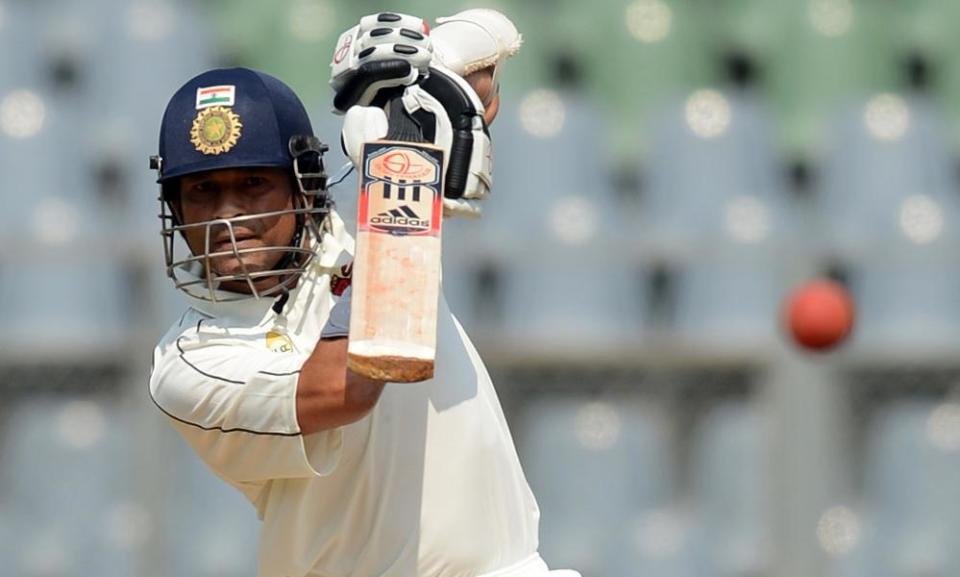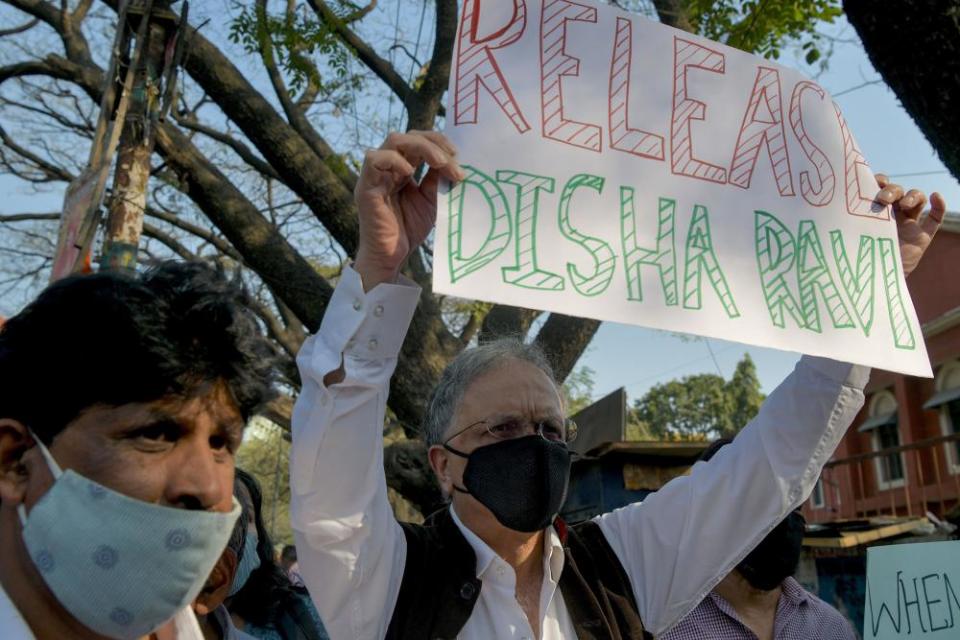The Commonwealth of Cricket: sport, race and empire in powerful memoir

It is nearly two decades since A Corner of a Foreign Field was published. The importance (not to say brilliance) of Ramachandra Guha’s work was immediately understood, and its subtitle – An Indian History of a British Sport – perfectly encapsulated its pioneering perspective. Here was a social history of the game that met and challenged the yet-lingering gaze of English colonialism across Asia – as profound and as timely, if not entirely as radical, as CLR James’s Beyond a Boundary had been in the 1960s.
A week before Guha’s landmark work was published, in July 2002, India had chased down England’s 325 to win a tantalisingly close NatWest Series final with three balls to spare, and Sourav Ganguly had torn off his shirt and whipped it round his head on the Lord’s balcony. Rahul Dravid and VVS Laxman stood alongside Tendulkar as batting superstars, with Virender Sehwag preparing to join them. No cricket fan of that time could fail to be aware of the depth of the Indian love affair with the game. Yet few outside the subcontinent had quite grasped how rapidly and irrevocably it was changing the dynamic of the global game, or predicted the wholesale restructuring to which it would lead.
Related: Ravichandran Ashwin, the professor of cricket who always stays ahead of the game | Anand Vasu
Last September, Guha published a new cricketing history, this one far more personal. The Commonwealth of Cricket is a memoir of his lifelong obsession with the game, with a more parochial feel, meandering gently along the eminent historian’s private timeline, following the antics of family, friends and personal heroes. It begins in the “backwater” of Dehradun, where his uncle Durai is a local legend for his one-armed batting, and moves on to Bengaluru, where Guha develops his bubbling devotion to the Karnataka team, and its anecdotes are populated with both famous names – Sunil Gavaskar, GR Viswanath and Bishan Bedi feature often – and more local heroes.
It is, not surprisingly, a delightful read – but it also carries a political message, albeit in a different way to A Corner of a Foreign Field. Guha – who this week joined protests in Bengaluru against the Indian government’s arrest of the climate activist Disha Ravi – presumably chose the book’s opening quote from Jack Fingleton with care: “The longer I live, I am pleased to say, the less nationalistic I become.”
In the past year, in the light of Black Lives Matter, cricket has been required to look afresh at the part it has played in imperial expansion and colonial oppression, to consider a sporting history of uncomfortable truths and insidious legacies. And as the game grapples with the modern implications of these issues – how to make itself more open and welcoming, how to forge its narrative from a variety of perspectives – it could do worse than consider Guha’s latest offering, which reminds us how democratising our love of sport can (and should?) be.
“White supremacy, racism, patriarchy are ancient and present forms of oppression,” says Guha, speaking from Bengaluru. “But to make it about one category – black versus white, empire versus colony, I always find problematic. The greatest decoloniser of cricket history was CLR James, but even his book includes what he learned from and liked about English culture. That is where I’m coming from.”
The Commonwealth of Cricket concludes that a certain national chauvinism is endemic in cricket – one, says Guha, which most fans never outgrow. His uncle Durai used to complain that while Graham Gooch’s and David Gower’s occasional centuries against the mighty West Indies teams of the 1980s were immortalised in the cricketing canon, Gavaskar had scored no fewer than 13 hundreds against those same teams. “Had he been an Englishman, how many books might have been written about this?”
But for Guha, decolonising the history of the game should not result in its “nationalisation”.

“The danger is that in India it all becomes about the business of the Indian cricket team and superstars. We need to write the history of Indian cricket from places other than Bombay, which was the traditional epicentre of cricket – we should be bringing in women’s cricket, club cricket, college cricket, schools cricket. The danger in world cricket is India becoming what England once was – a kind of jingoistic, pre-eminent superpower.”
Guha is outspoken about his concerns about the game’s administration in India, including what he sees as financial conflicts and nepotistic appointments. The latter chapters of his book describe his experience serving on the committee appointed to oversee increased transparency within the Board of Control for Cricket in India – and his resignation when he felt that not enough change was happening.
He remains critical of both a “propagandist media” surrounding Indian cricket and the game’s close ties with the ruling BJP party (since the book was published, Jay Shah – the secretary of the BCCI and son of India’s home secretary, Amit Shah – has been appointed president of the Asian Cricket Council). And yet Guha is “quite definite” that this is the last time he will write a cricket book, having written and edited more than half a dozen during his career.
After all, he says, writing about the game is a very different prospect in an era when every game is televised, and every moment replayed. “My sensibility was shaped when there was no TV and no replays,” says Guha, smiling. “I was writing on action nobody had seen, and players of the past that young people did not know about. Everyone knows how Tendulkar batted but when I was writing, my audience didn’t know how Viswanath or Gavaskar batted, or how Syed Kirmani kept wicket.”
• This is an extract from the Guardian’s weekly cricket email, The Spin. To subscribe, just visit this page and follow the instructions.

 Yahoo Sport
Yahoo Sport 





































